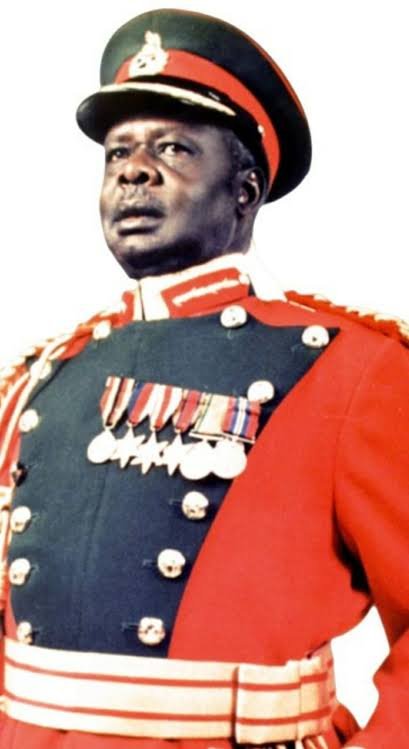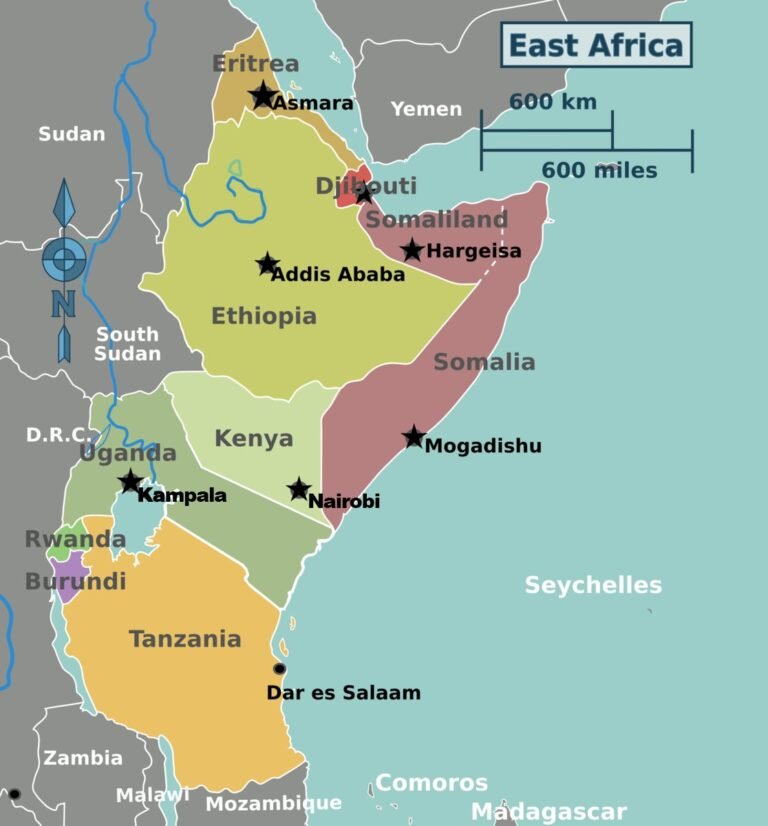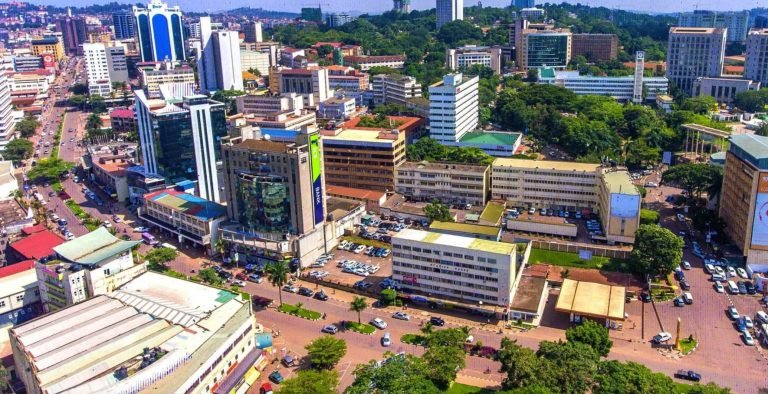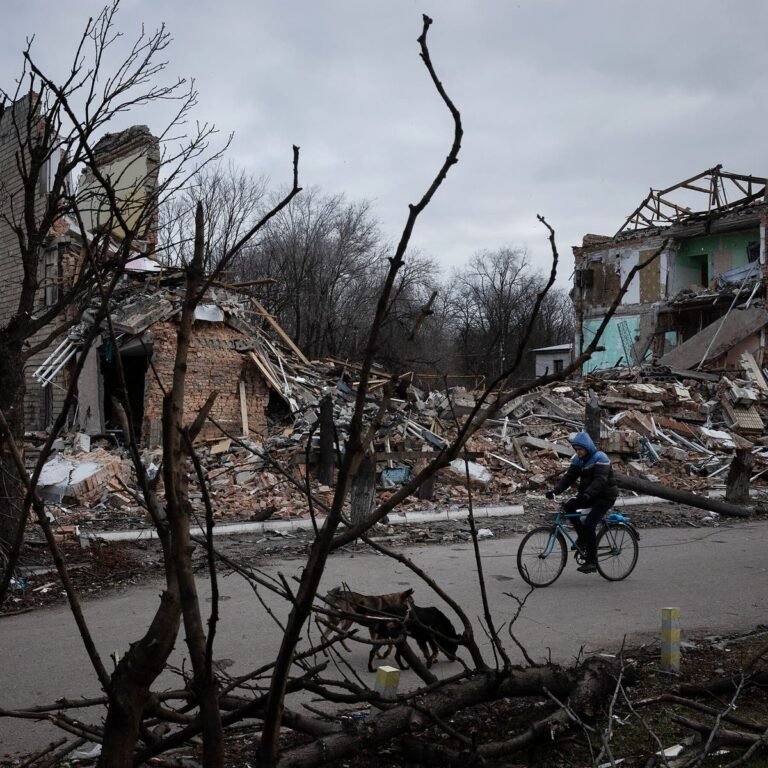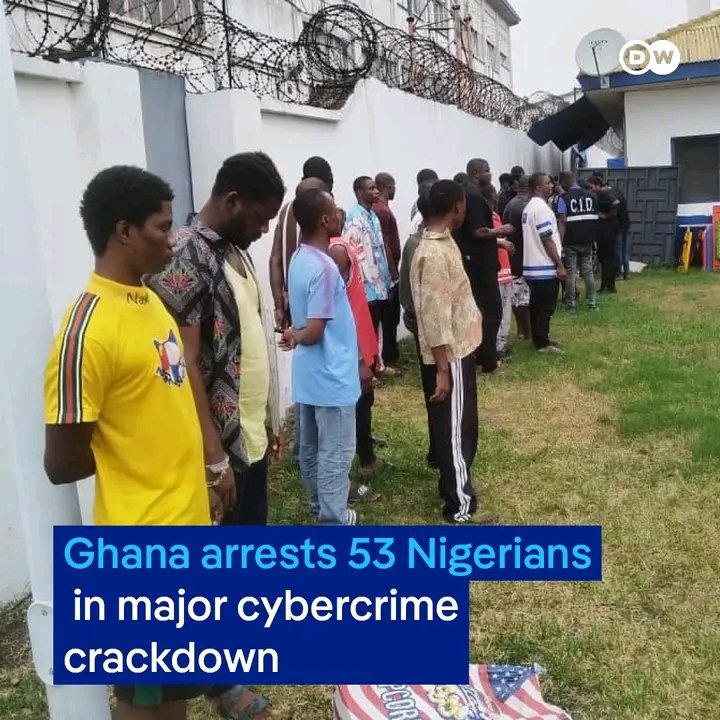
Capt. Francis Babu Defends Ssekikubo, Calls for Respectful Political Discourse
Kampala | August 4, 2025 — Veteran politician Capt. Francis Babu has come out strongly in defense of Lwemiyaga County MP Hon. Theodore Ssekikubo, describing him as “a good leader” who, despite his imperfections, has remained honest in his political conduct.
“Like him or not, he’s been a good leader. He’s been honest. Yes, he may have his flaws, but who doesn’t make mistakes?” Babu stated, emphasizing that character and integrity should be recognized regardless of political allegiance.
Revealing a little-known familial link, Capt. Babu also disclosed that Hon. Ssekikubo and Lt. Gen. Emmanuel Rwashande share a family connection. “The mother of Ssekikubo and the mother of Gen. Rwashande have a relationship,” he noted, hinting at the intricate personal ties that often underpin Uganda’s political landscape.
In a series of pointed remarks on political ethics and national cohesion, Capt. Babu quoted Nigerian scholar Professor Chinedu Nebo, cautioning against tribal and religious bias: “If you are emotionally attached to your tribe, religion, or any set of beliefs to the extent that truth and justice become secondary considerations, then your education is useless.”
He also stressed the importance of respectful dissent within party structures, particularly the ruling National Resistance Movement (NRM). “If I have anything to tell the chairman of the party, I say it as it is, but I don’t abuse him,” said Babu. “I may be called many things, but I don’t insult anyone. I respect the Chairman of our party and the President of this country.”
On the broader issue of governance, Babu expressed skepticism about the effectiveness of Uganda’s multi-party system, stating that it has “never truly worked for us” since its inception in the 1950s. “Democracy isn’t a one-size-fits-all system,” he asserted, calling for a sober reflection on how best to shape Uganda’s political future.
Capt. Babu’s remarks add to the ongoing national debate around leadership values, political conduct, and the evolving identity of Uganda’s democratic institutions.


